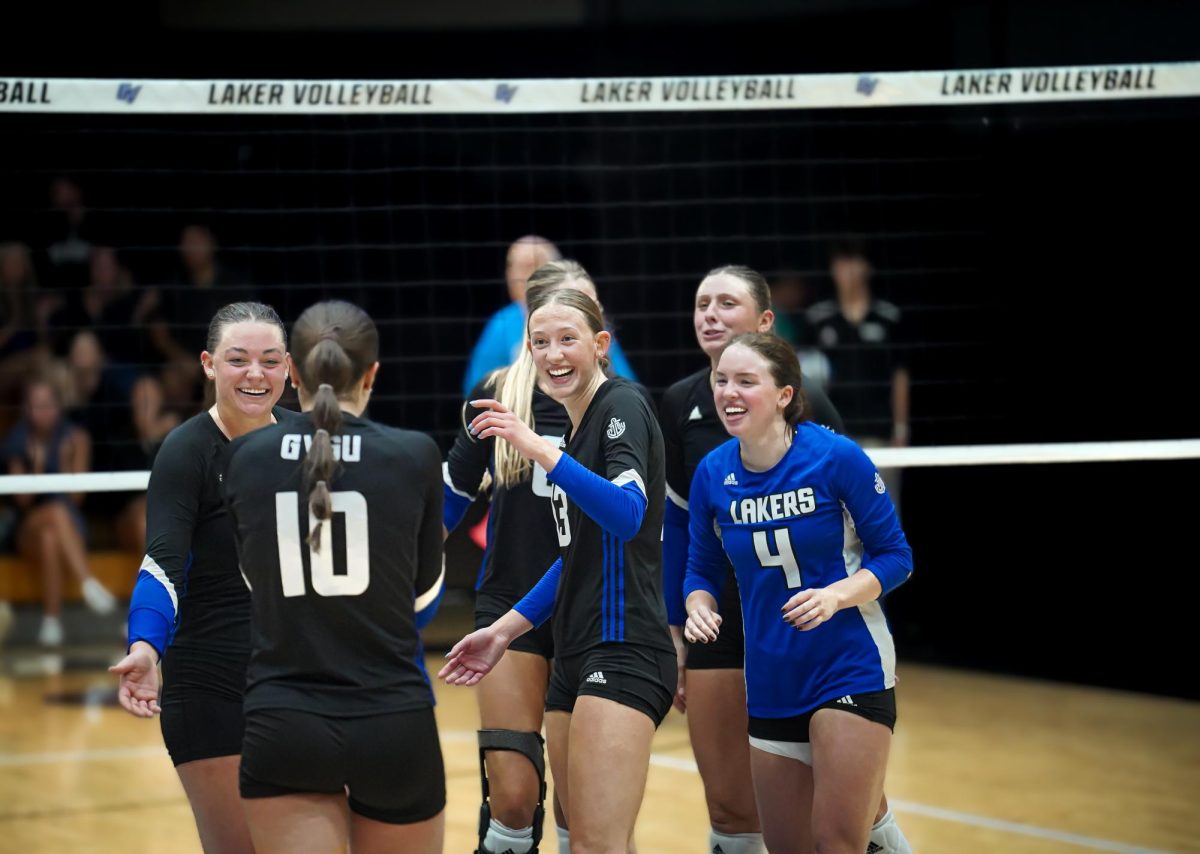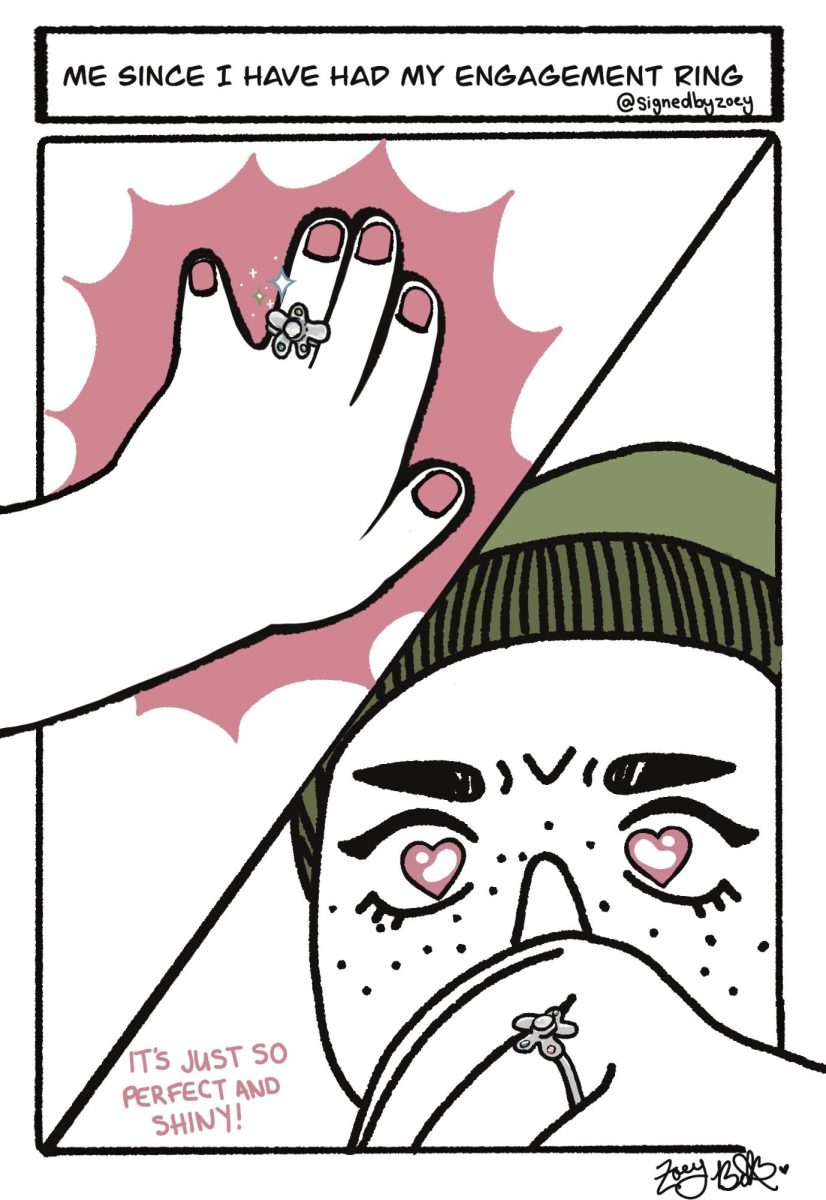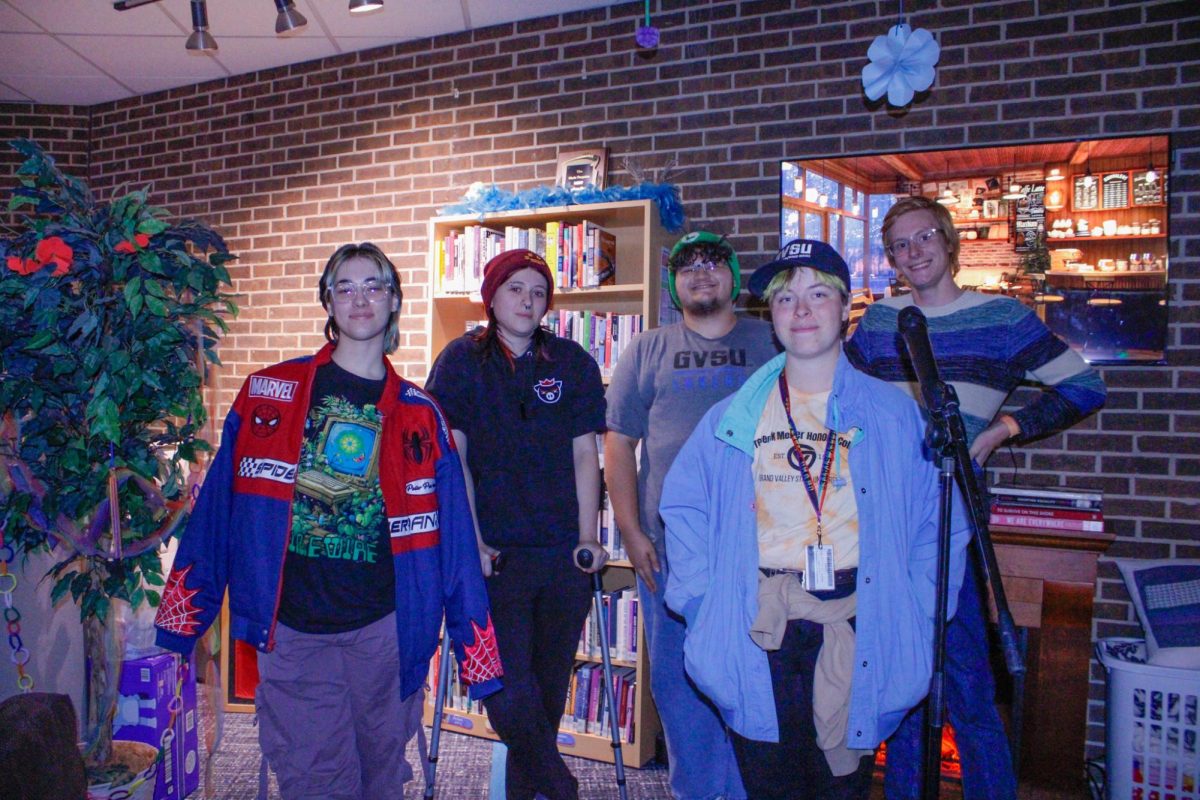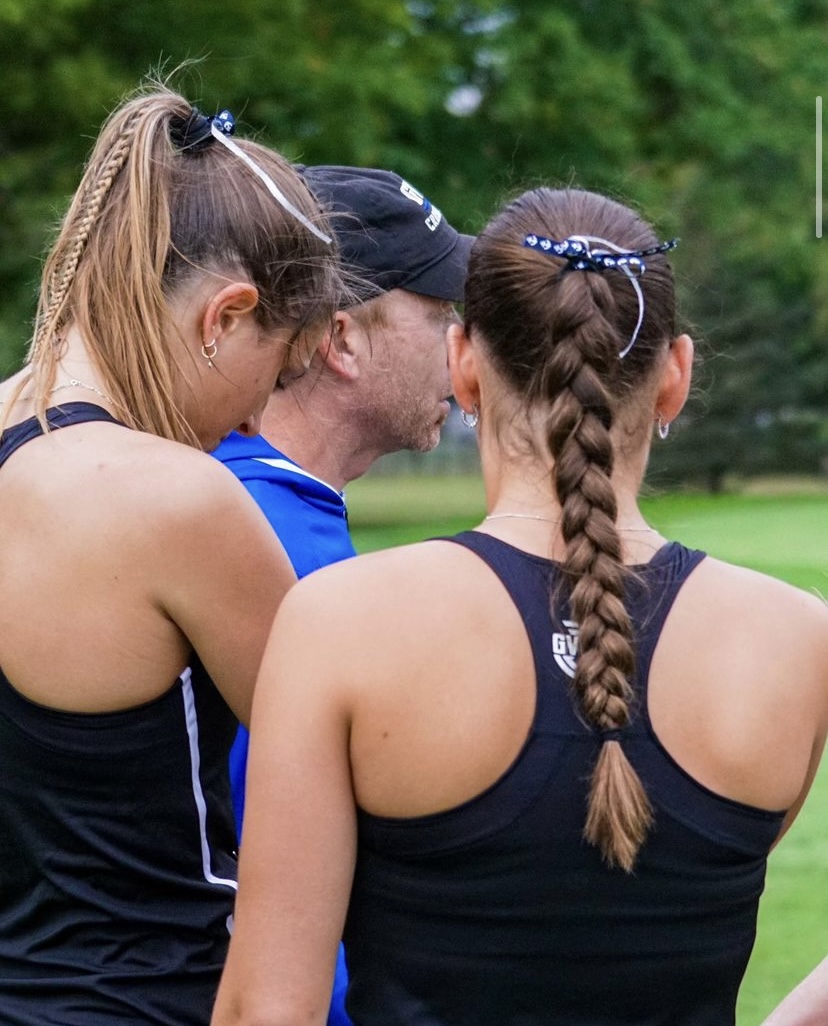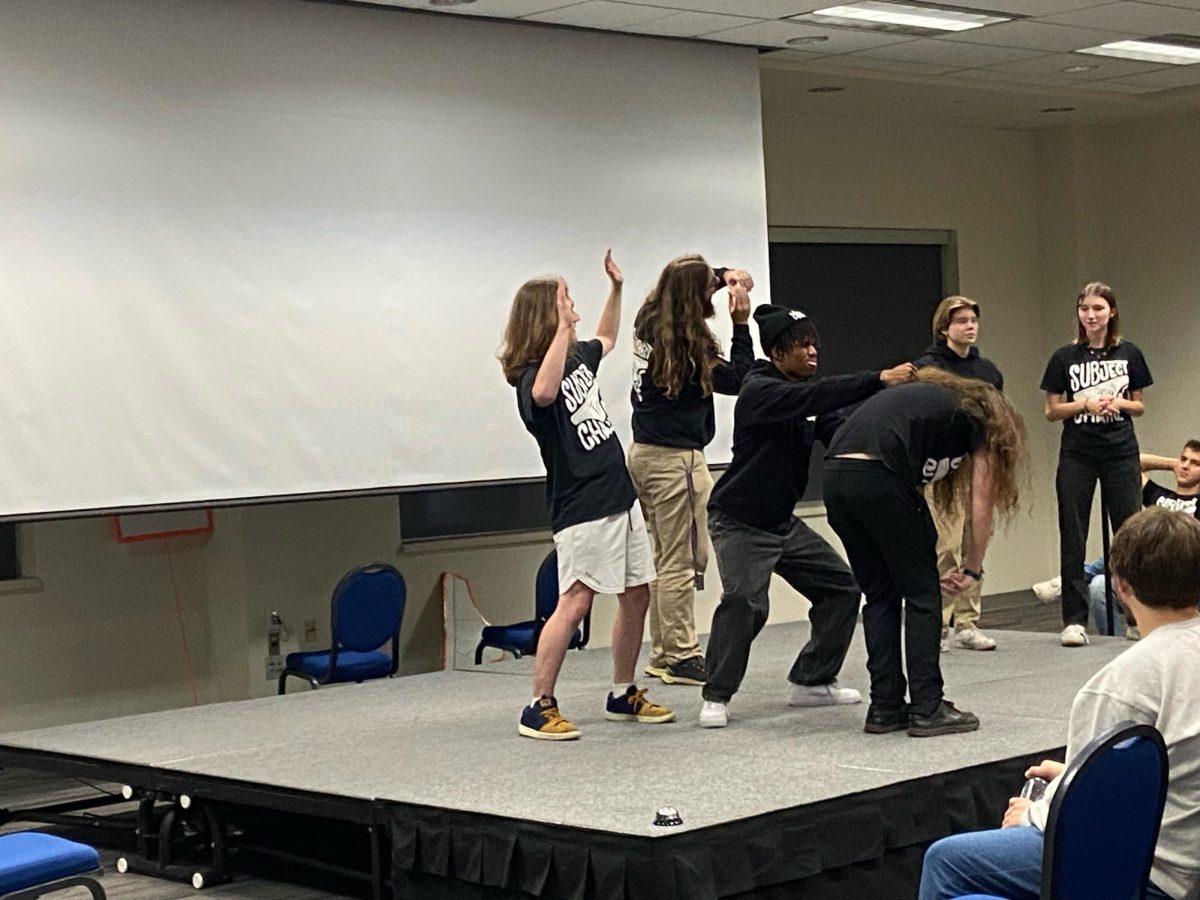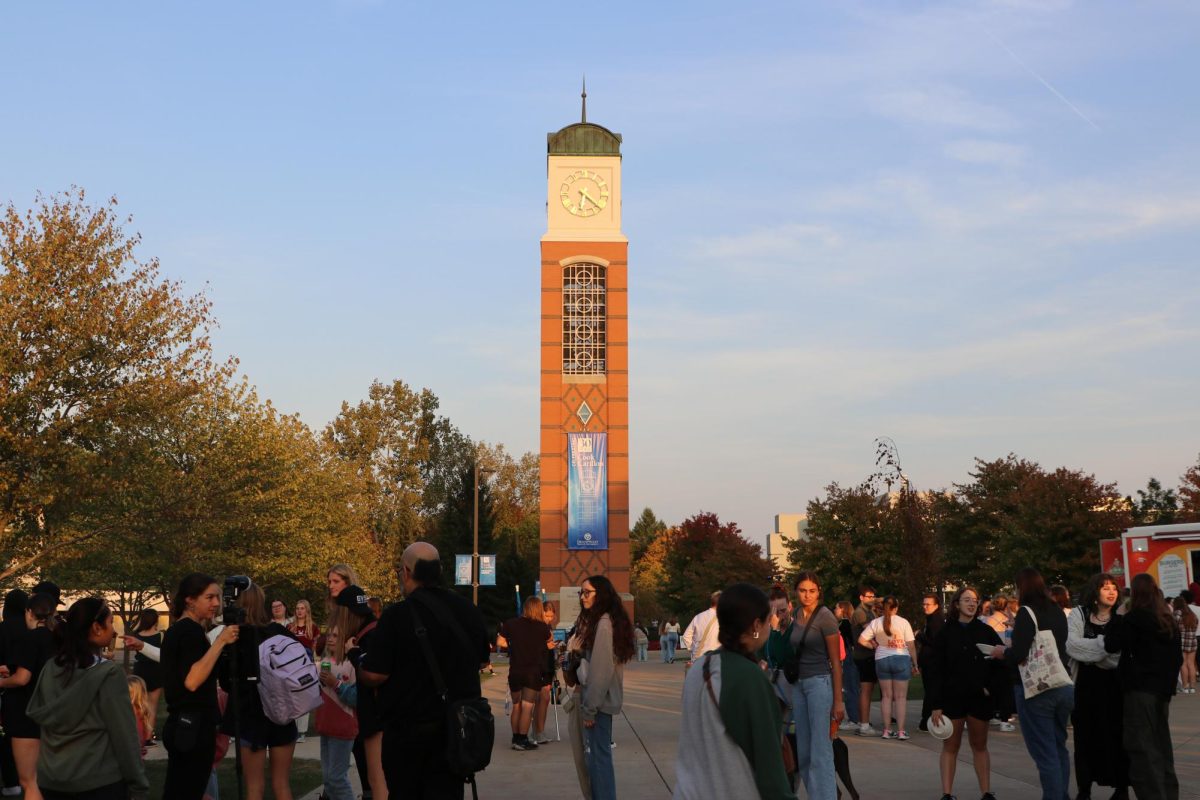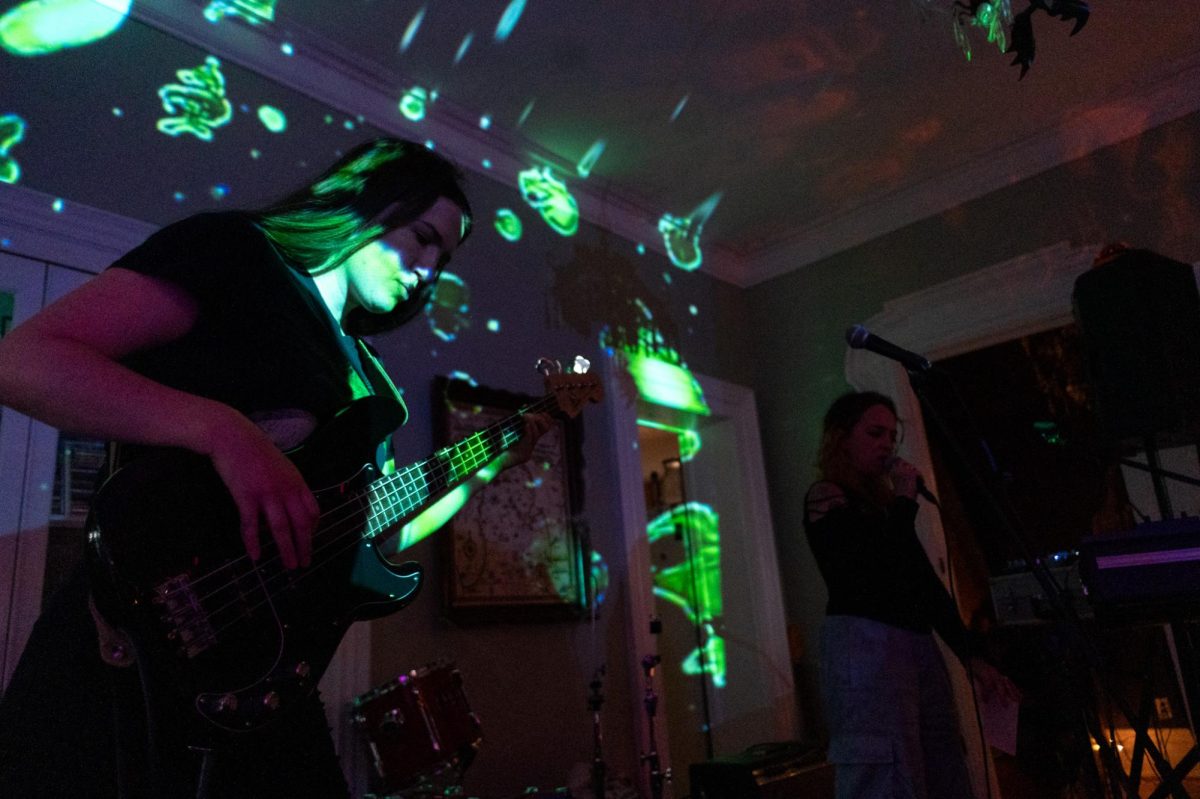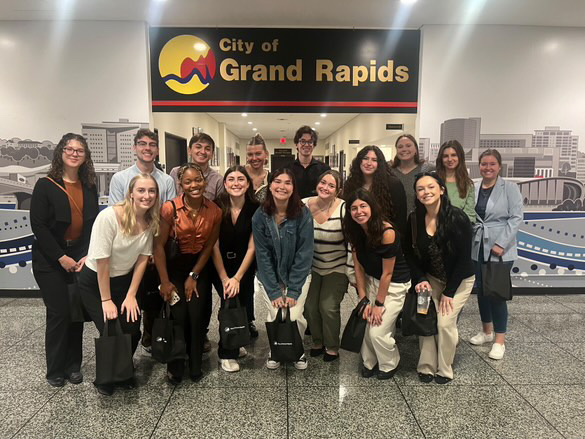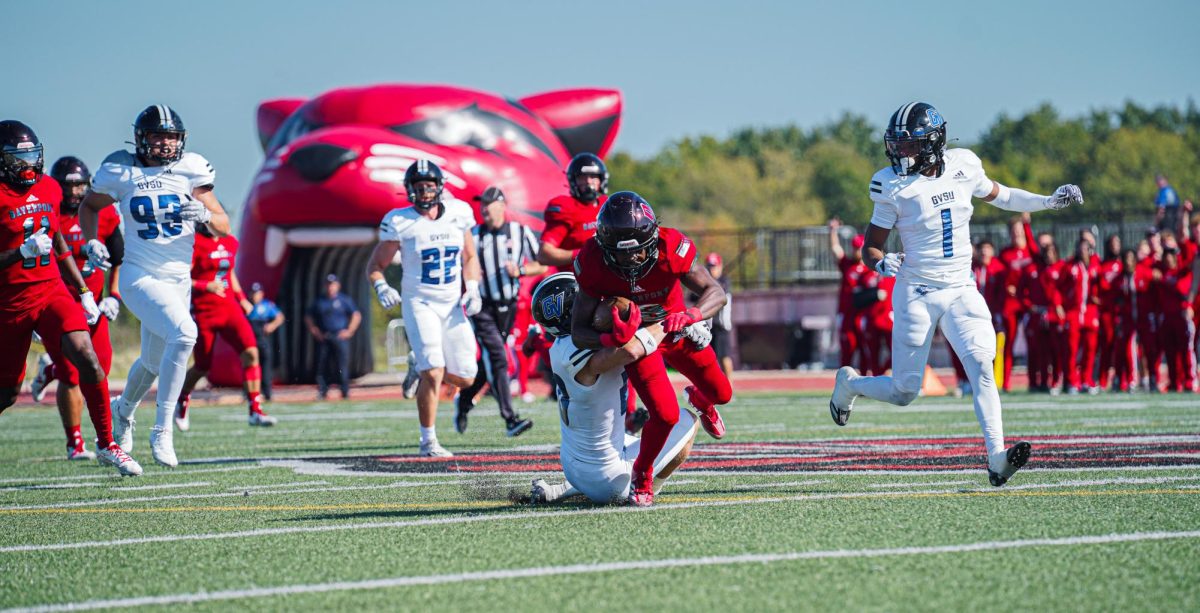Whooping cough increases in West Mich.
Feb 2, 2015
As students returned to school after winter break, the typical outbreak of the flu virus, colds and pink eye plagued many. This year, there’s another disease to consider: whooping cough.
In Grand Traverse County, there have been at least 81 confirmed cases of whooping cough. In Allegan County, that number is 30. There have been 13 cases in Kent County as of Dec. 5.
Whooping cough, also called pertussis, is a respiratory disease. It is highly contagious and is particularly dangerous for infants and young children.
While whooping cough starts out like a cold, it progresses into uncontrollable, violent coughing fits that can last for weeks. Other symptoms include vomiting and exhaustion.
Pertussis, like many diseases, is cyclical. Nearly every three to five years, the number of reported cases spikes. However, the reason for the particularly high number of recent spikes seems to be a bit different.
“Why there’s a spike in West Michigan is the vaccine rates,” said Dr. Geraldine Terry, a faculty member of the Kirkhof College of Nursing at Grand Valley State University. “There has been a general trend of increase in pertussis in the past few years. The importance of vaccines and suspicion of vaccines being not safe has increased recently. It’s a cultural thing.”
In addition to the lack of vaccines, other medical professionals cite imperfect and outdated vaccines.
“There is always an imperfect protection level,” Terry said. “At best, there’s only an 80 to 85 percent protection rate.”
Those who cannot be vaccinated due to jeopardized immune systems are more likely to catch the illness from others who elected not to get vaccinated.
“When we all got vaccinated, after the ‘70s and ‘80s, we had low numbers (of cases),” said Susan Mlynarczyk, a pediatric nurse practitioner in the Kirkhof College of Nursing. “But we’re at the second highest since the vaccines came out. (The lack of vaccination is) hurting the whole herd.”
Herd immunity refers to the concept that if the vast majority of individuals are vaccinated against a dangerous disease, those few who are not vaccinated will still be protected from the disease, as their chances of coming in to contact with an infected person are quite low.
While whooping cough was discovered over 100 years ago, the trend to skip out on its vaccination is much more recent.
“There are many parents that think children aren’t getting these diseases anymore, and so they don’t vaccinate,” said Carolyn Shapiro-Shapin, GVSU professor and whooping cough historian. “I’m amazed by these people. It’s not poor people that aren’t vaccinating. It’s the upper middle class. Historically, they’re very, very wrong.”
Shapiro-Shapin said she thinks people are reluctant to vaccinate their children because they have forgotten how devastating this kind of disease can be.
“They don’t understand these diseases,” Shapiro-Shapin said. “The vaccines have been so wonderfully successful, but when the disease is not fully eradicated, they can fully come back. These diseases are very real and they’re very dangerous. If we don’t have herd immunity, then children will die. Parents don’t realize the full danger.”
However, young children are not the only ones in need of vaccinations. Any individual who comes in contact with children should be vaccinated, according to Terry.
While the vast majority of people that have whooping cough are children, anyone can get it. If an individual was not vaccinated as a child, they are encouraged to receive the vaccination now.
The adult version of the vaccine, which can also serve as a booster for those who were vaccinated as children, is called Tdap.
Some GVSU students that work with children on a regular basis are required to have a current whooping cough vaccine.
“Students in healthcare and education have to do it,” Terry said. “Nursing students do, for sure.”
According to a statement on the Office of Housing and Residence Life website, “Students are not required to have any immunizations prior to arrival.”
The GVSU Campus Health Center offers the Tdap vaccine at a cost of $47. However, most insurance plans cover the vaccination fee.
While anybody can contract whooping cough, those that have been vaccinated will have less severe symptoms, Mlynarczyk said.
“Young adults and college-age students should all go get it done,” Terry said.
Other preventative measures include hand washing and covering one’s mouth when coughing.



